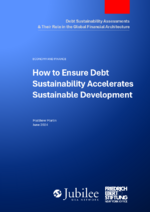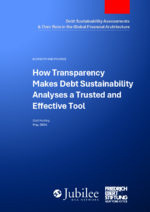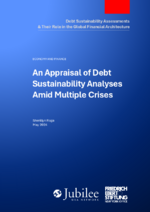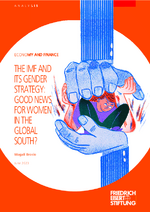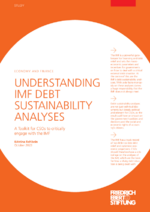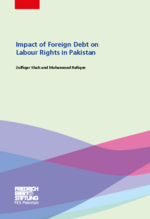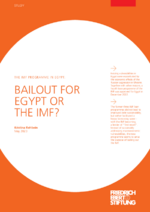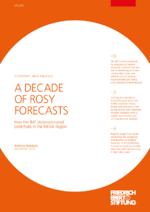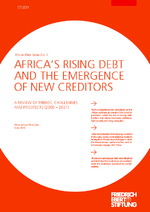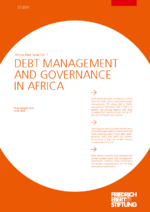-
Login
-
Benutzer-AnmeldungPasswort vergessen? Registrieren Hilfe bei technischen Problemen
Geben Sie hier Ihren Nutzernamen oder Ihre E-Mail-Adresse sowie Ihr Passwort ein, um sich auf der Website anzumelden
-
- Leichte Sprache
- Gebärden Sprache
- Themen
-
Stiftung
-
Jahresberichte
- Jahresbericht 2022 / Perspektiven 2023
- Jahresbericht 2021 / Perspektiven 2022
- Jahresbericht 2020 / Perspektiven 2021
- Jahresbericht 2019 / Perspektiven 2020
- Jahresbericht 2018 / Perspektiven 2019
- Jahresbericht 2017 / Perspektiven 2018
- Jahresbericht 2016 / Perspektiven 2017
- Jahresbericht 2015 / Perspektiven 2016
- Jahresbericht 2014 / Perspektiven 2015
- Jahresbericht 2013 / Perspektiven 2014
- Jahresbericht 2012 / Perspektiven 2013
- Jahresbericht 2011 / Perspektiven 2012
- Jahresbericht 2010 / Perspektiven 2011
- Jahresbericht 2009 / Perspektiven 2010
- Jahresbericht 2008 / Perspektiven 2009
- Jahresbericht 2007 / Perspektiven 2008
- Jahresbericht 2006 / Perspektiven 2007
- Über die FES
- Organigramm & Gremien
- Leitbild
- Politische Bildung und Beratung
- Internationale Zusammenarbeit
- Wissenschaftliche Arbeit
- Geschichte
- www.friedrich-ebert.de
-
Jahresberichte
- Standorte
- Preise der Friedrich-Ebert-Stiftung
- Veranstaltungen
- Publikationen
- Archiv der sozialen Demokratie
- Bibliothek
- Stipendien
- Presse
- Digitales Lernen
- Stellenangebote

